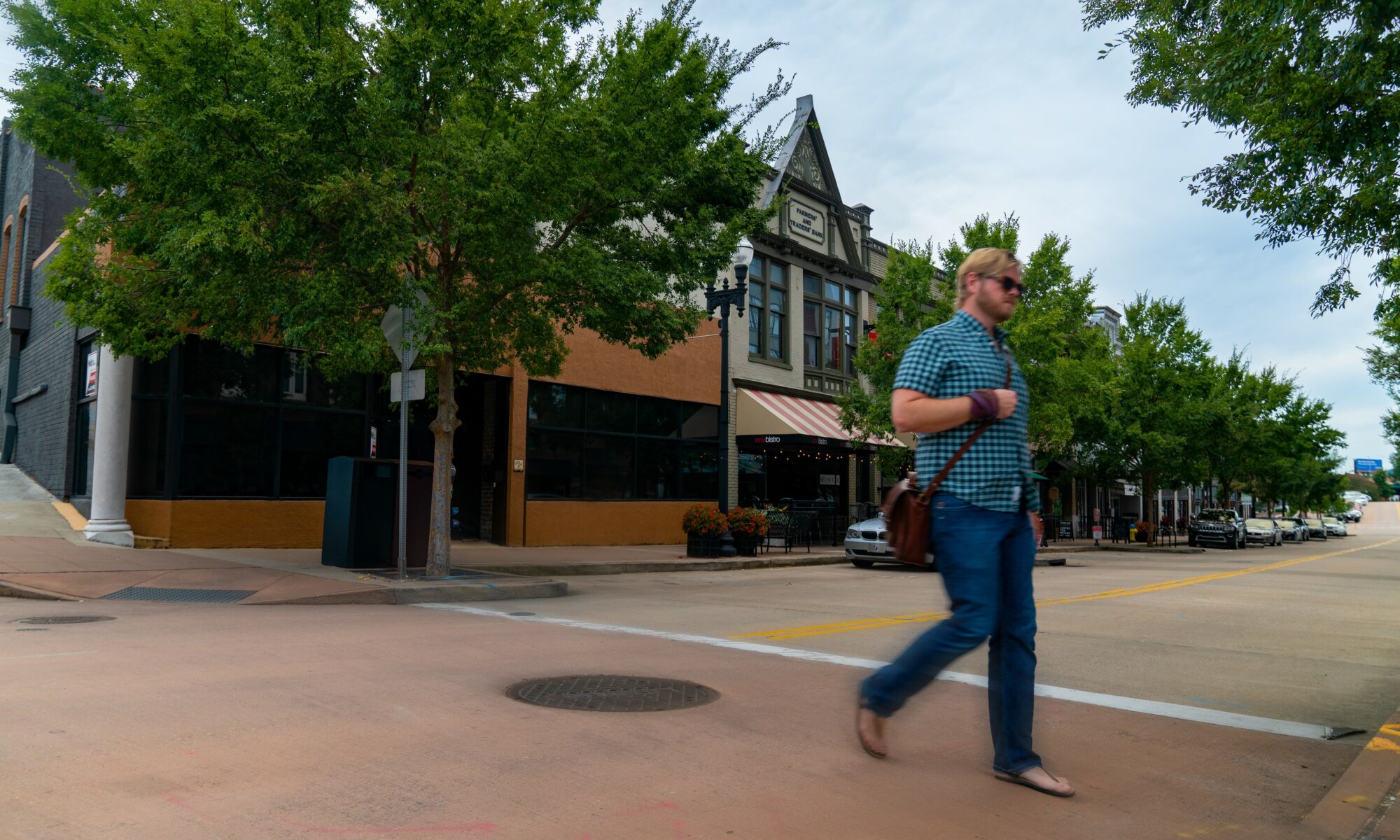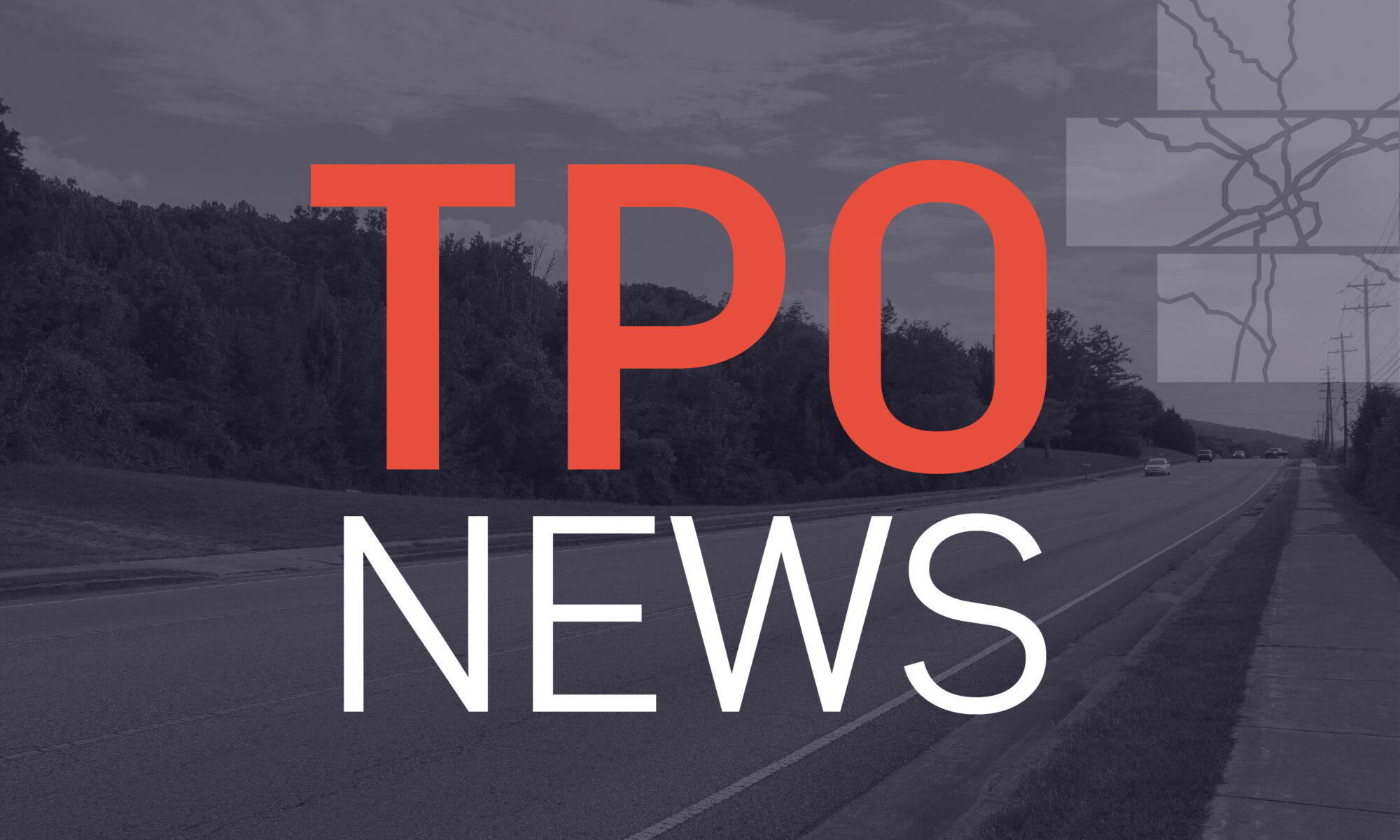Smart Growth America recently released a new Dangerous by Design report that looks at pedestrians killed in traffic crashes in the U.S. between 2016 and 2020 and how the pandemic impacted these trends. The report compares state and metropolitan areas based on the number of pedestrian deaths per 100,000 people. It also estimates the change in walking activity between 2019 and 2020 based on data from cellphones and other mobile devices.
A major theme in the report is the continual increase in people being struck and killed while walking. Although there was a decline in driving in 2020 due to the pandemic, there was also a 4.7 percent increase in people killed while walking. This trend of increasing pedestrian traffic deaths can be tracked back to 2009 and has continued into 2021. Specific to Tennessee, the state as a whole had the 17th worst pedestrian fatality rate, and saw an estimated 68 percent increase in walking activity in 2020 compared to 2019. Out of the 100 metropolitan areas ranked, Knoxville came in at number 63 for pedestrian deaths. Memphis was number three, Nashville was 41, and Chattanooga was 65. The report also estimates that the Knoxville area saw a 78 percent increase in walking activity in 2020 compared with 2019. That’s the third highest increase among all 100 metros. Birmingham, AL was ranked number one with an 82 percent increase, and Greenville, SC was ranked second with a 79 percent increase.
A newly released infographic from the TPO provides an analysis of similar information – pedestrian- and bicycle-related traffic crashes specific to Knoxville and the Region. That data shows that while major arterials make up only six percent of surface street mileage in Knoxville, they account for 43 percent of all pedestrian and bicycle fatalities and 35 percent of all serious injuries to pedestrians and bicyclists. According to the Dangerous by Design report, solutions to these issues should focus on lowering traffic speeds and changing the design of major arterials. The city has proven its commitment to traffic safety through recent measures such as the city-wide speed limit reduction on all unmarked neighborhood streets and a study conducted earlier this year to identify solutions to speeding on arterials and collectors.




